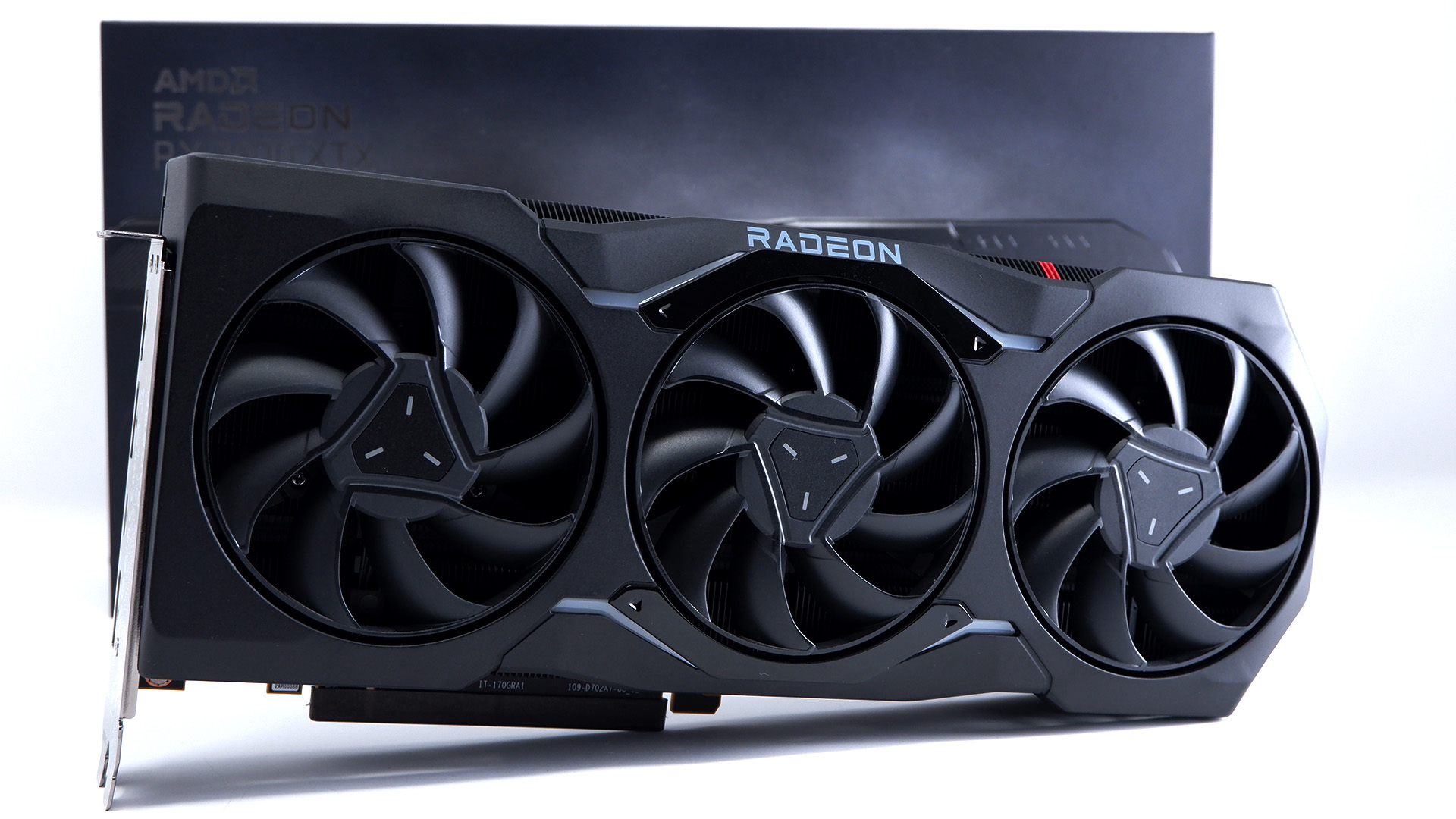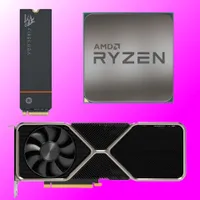Google serves up fake AMD driver downloads in search results
Beware malware served up in Google ads. Again...

Google is once more serving up malicious websites in more prominent positions than legitimate pages in its search results. This time around it's within search results for some users looking for AMD driver downloads according to a Reddit user on the popular PC Master Race subreddit (via PC World).
The link in question wasn't part of the search results proper but Google's context-aware curated ad links which can appear above search results. We have been unable to replicate the results, but can confirm the malicious website shown in the Reddit poster's search results is real enough.
The site mimics AMD's official website design and branding, including the use of AMD IP, and links to an extremely dubious .exe file for download under a heading of "Auto-Detect and Install Driver Updates for AMD Radeon Series Graphics and Ryzen Chipsets".
Needless to say, we absolutely do not recommend you navigate to the website, let alone download the .exe file.
This is far from the first time something like this has happened, what with phishing scammers buying Google ad slots to impersonate Whatsapp last month and a fake EVGA website created around the Memorial Day sales event given more prominence than the official page in search results last year. But it's particularly disappointing to see Google linking to what is clearly not a legitimate website and thus facilitating the distribution of malware at the top of a search results page.
While the malicious nature of the website ought to have been obvious to Google, at a glance it could well be convincing enough for casual PC users. It's fully branded up with AMD logos. It even has a few functioning hyperlinks that send users to legitimate parts of AMD's official website.

Of course, it doesn't bare close inspection, with most of the links redirecting in circular fashion to the same highly dubious URL. But it's not at all hard to imagine someone landing on the page, seeing the nice big 'download' and firing away.
Keep up to date with the most important stories and the best deals, as picked by the PC Gamer team.
We're not sure what nasties are contained in the malicious .exe file. But hopefully you'll forgive us for not sacrificing a Windows installation to find out.
Best CPU for gaming: Top chips from Intel and AMD
Best gaming motherboard: The right boards
Best graphics card: Your perfect pixel-pusher awaits Best SSD for gaming: Get into the game first

Jeremy has been writing about technology and PCs since the 90nm Netburst era (Google it!) and enjoys nothing more than a serious dissertation on the finer points of monitor input lag and overshoot followed by a forensic examination of advanced lithography. Or maybe he just likes machines that go “ping!” He also has a thing for tennis and cars.


